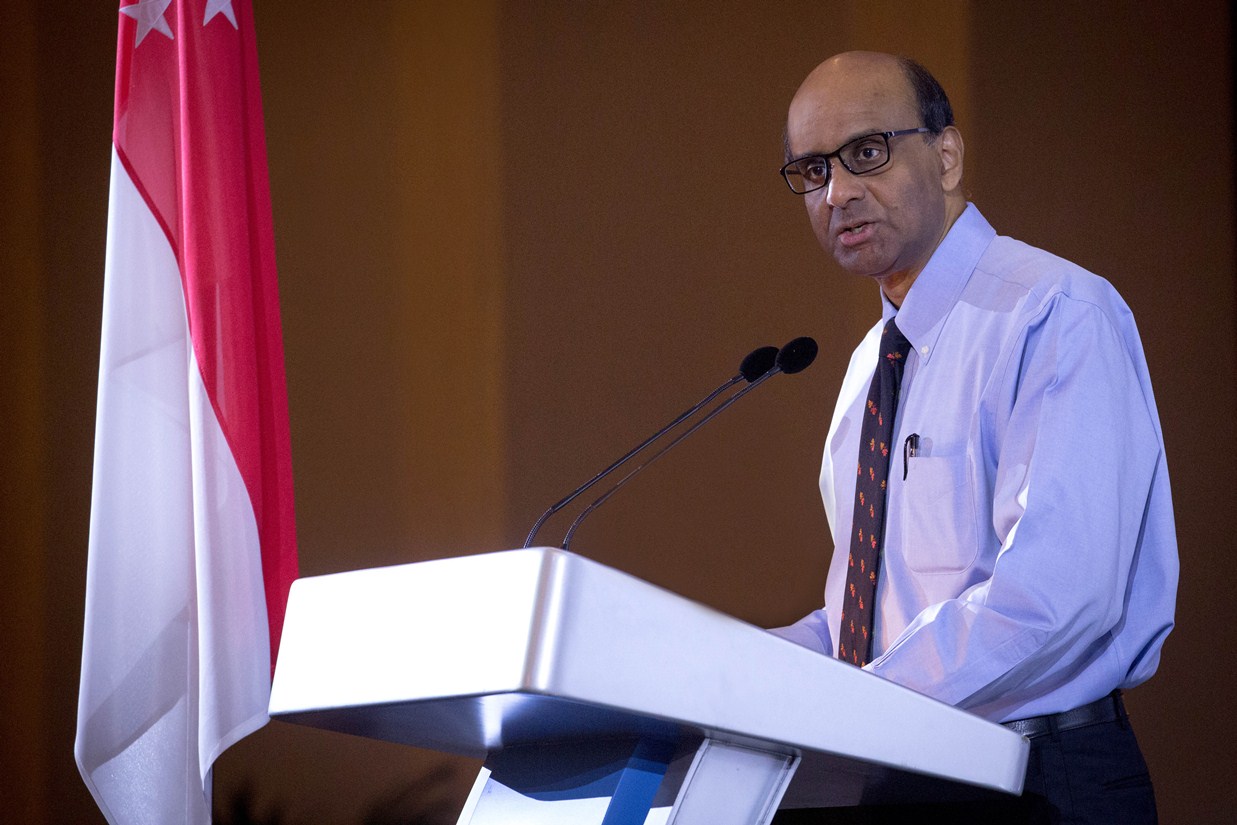Singapore’s education system must keep experimenting and having a sense of dare to prepare for the future, said Deputy Prime Minister Tharman Shanmugaratnam while addressing students and academics at the Nanyang Technological University (NTU). He was giving the inaugural Majulah lecture on the topic ‘How Education Shifts Will Make Our Future’.
He said, “The biggest mistake we can make is to think that because we’re doing well in the Pisa test… therefore we keep things as they are. The biggest mistake is to think, if it ain’t broke, don’t fix it.”
Singaporean students have consistently performed well in the Programme for International Student Assessment (PISA) test. It is a triennial study run by the Organisation for Economic Cooperation and Development which compares how education systems are helping students acquire knowledge and skills to solve real-world problems. 15-year-old Singaporean students have ranked number one for maths, science and reading in the 2015 study
Stressing on modification in the education system, Tharman said, “There has been very little modification based on a feedback from outcomes. And that is the new game in education. Constant feedback loops based on actual outcomes which we have to measure, capture and keep modifying — teaching methods, curriculum and so on.”
Areas where necessary shifts are taking place include doing more to help children at an early stage, more fluid and flexible pathways for students, lifelong learning and deepening of multiculturalism.
The Deputy Prime Minister also reflected on the KidStart initiative government programme which supports education, healthcare and developmental needs of the children from vulnerable families.
Speaking about giving proper education to every child of Singapore, Tharman said, “We can do this. Giving fair chances for every child, no matter who their mothers and fathers are. Creating flexible pathways, not just in schemes but in the mind. Reducing the academic load to provide more space for that free play of the mind. Developing our potential throughout life. And strengthening our identity in multicultural Singapore.”
He added, “It means a new spirit in education. When you think of our (national) anthem, remember ‘Mari-lah kita bersatu, dengan semangat yang baru’ (with a new spirit). And that new spirit was not intended just for the day we became a new nation 52 years ago. Every so often, we need that new spirit in our society, and that’s how we go forward together.”



